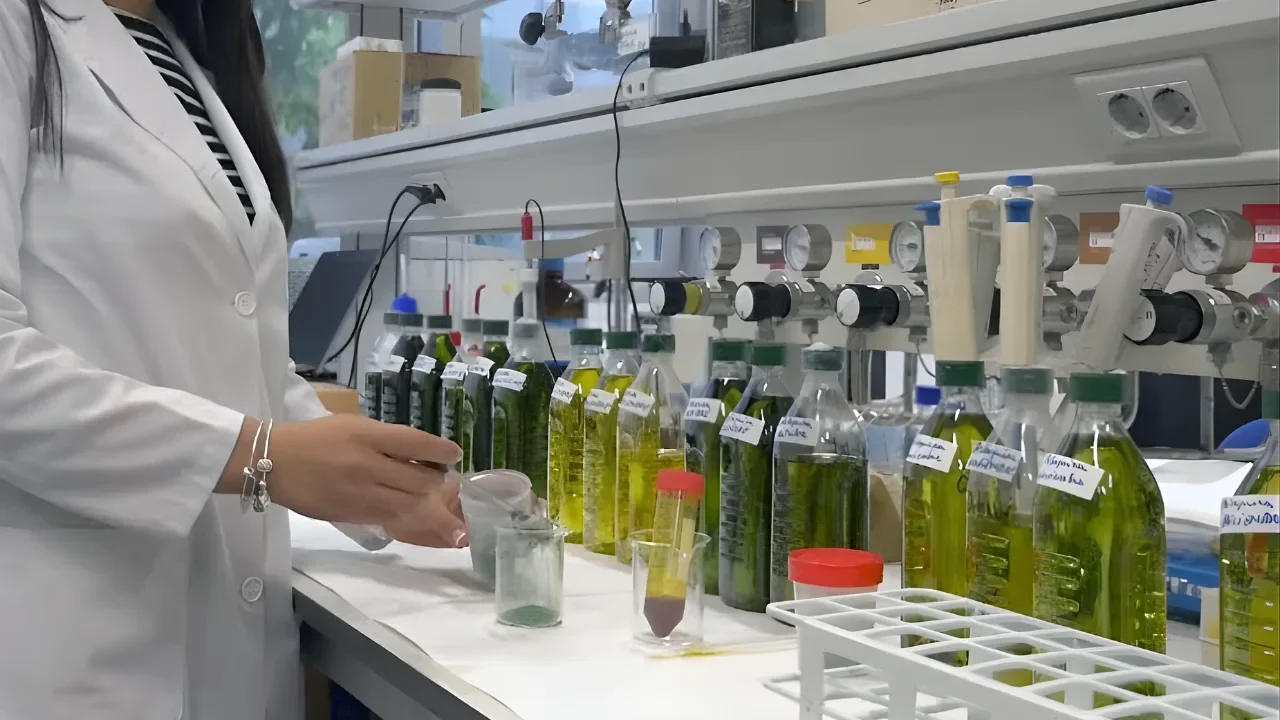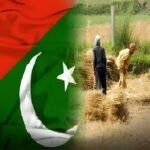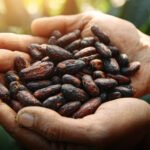By Azeem Ahmed
Pakistan is stepping up investment in laboratories, innovation hubs, and skill development to modernize its Pakistan olive industry.
The goal is to build a research-driven, export-oriented olive industry that supports rural communities and reduces the country’s reliance on imported edible oils, according to documents seen by this reporter.
The government has made science, technology, and skilled human capital the core of its National Olive Development Strategy. This plan is moving the sector from a traditional plantation model to a high-value, knowledge-based industry.
Modern Laboratories and Value-Addition Labs
Four laboratories meeting International Olive Council (IOC) standards have been set up to ensure Pakistan’s olive oil meets global benchmarks for purity and quality.
Three additional labs focus on creating cosmetic and specialty food products from olives, while 14 nursery tunnels are producing disease-free saplings to ensure long-term plantation growth.
Advanced Techniques for Higher Production
To improve production efficiency, modern techniques like Groasis Water Boxes and Nursery Plant Starter Grow Trays have achieved up to 90% propagation success.
Five automated weather stations across different agro-climatic zones help monitor climate and yield. The government has also released 36 technical manuals, including an olive production calendar, to guide farmers on best practices.
Water Conservation and Geo-Mapping
Water conservation is another priority. Drip irrigation systems have been installed on 5,594 acres, cutting water waste in arid areas.
Geo-mapping using GIS and Google Earth allows precise monitoring of plantations, irrigation, and productivity, helping farmers make data-driven decisions for sustainability and climate resilience.
Expanding Post-Harvest Infrastructure
Post-harvest infrastructure has also grown. Fifty-one extraction units now operate nationwide, including large facilities in Attock, Loralai, and Quetta.
Six fruit processing units in Islamabad, Chakwal, Tarnab, and Quetta improve grading and slicing capabilities. Quality is maintained through IOC-standard tests for free fatty acids, peroxide levels, and oxidative stability.
Human Resource Development and Private Sector Growth in Pakistan Olive Industry
Human resource development is a key part of this modernization. Over 243 training programs have helped 16,366 participants, including women and youth, learn orchard management, oil extraction, and branding.
Private sector involvement is increasing, with more than 85 startups producing extra virgin olive oil and value-added products like pickles, jams, cosmetics, and nutraceuticals.
The “Pak Olive” national brand, registered with the Intellectual Property Organization of Pakistan, promotes standardized labeling and marketing to boost consumer trust and exports.
To encourage innovation, the government has launched public-private partnerships that provide 50:50 cost-sharing grants for extraction units, processing kits, and harvesting equipment.
International cooperation continues through the International Olive Council (IOC) and €24.5 million in collaborative projects funded by Italy and other partners.
Despite progress, challenges remain, including a shortage of certified technicians, limited crop-specific extension services, and restricted access to marketing and advisory support.
With ongoing investment in research, startups, and skill development, Pakistan’s olive sector is on track to become a high-value, innovation-driven industry, boosting rural incomes, reducing import dependency, and expanding exports in the coming years.
Author Profile
-
Azeem Ahmed is an Islamabad-based journalist specializing in agriculture, business, and economic trends.
He provides insightful analysis on market developments and policy impacts shaping Pakistan’s economy.





